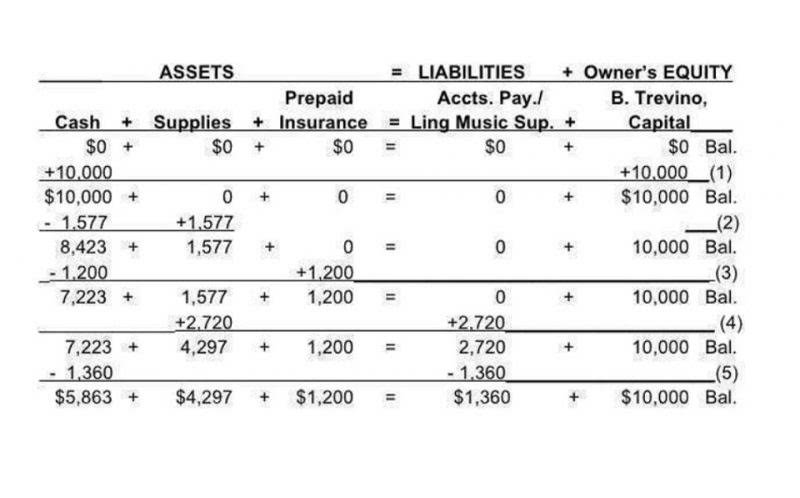
While the basics of accounting haven’t changed in over 500 years, the practice of bookkeeping has. Bookkeeping was once done manually using actual books called journals and ledgers. Because bookkeeping is based on Accounting for Churches double-entry accounting, each transaction affects two accounts — one gets debited and the other is credited. A certification in bookkeeping shows that you have the skills needed to keep accurate financial records. It’s a way to show potential employers and others in your professional network how broad and deep your skills are.
- Touch typing is a distinct advantage that will save you time in the long run.
- Bookkeeping is a task that requires dedication and hard work and comes with its own set of stresses.
- Even if you don’t have a degree, the American Institute of Professional Bookkeepers (AIPB) will let you become a Certified Bookkeeper (CB).
- Small business owners need to know about these common bookkeeping problems to set up systems that help them avoid making mistakes.
Get a bookkeeping certification.
- Then, armed with this data, professional accountants take over, sorting and organizing the extensive information to create meaningful, structured reports that provide in-depth financial insights.
- All entries must be correct and complete before they can be sent up the management chain for approval or further processing into reports or other documents used by decision-makers in an organization.
- Good bookkeeping practices are essential for a business to succeed, especially when it comes to the tax-paying season.
- Putting transactions into an accounting system is only a small part of what most people think of when they hear the word “accounting.
- It is essential to keep this in mind if you work for a company on a part-time basis.
They may also assist with payroll processing, budgeting, and maintaining financial records in accordance with established accounting principles and procedures. A bookkeeper is responsible for recording daily financial transactions, updating a general ledger and preparing trial balances for perusal by accountants. They monitor cash flow and payroll produce financial reports to assist managers in taking strategic decisions. Bookkeepers may also assist in running payroll and generating invoices for your company.

Small Business Trends

The responsibilities of a bookkeeper include a fair bit of data entry and receipt wrangling. They’re responsible for recording every financial transaction in your general ledger using double-entry bookkeeping—usually called recording journal entries. That sounds like a mouthful, but often that just looks like inputting all your transactions into accounting software. A bookkeeper is responsible for recording and maintaining a company’s daily financial transactions. They also prepare reports for the managers and trial balances to assist the accountants. A bookkeeper may also help you run payroll, collect debts, generate invoices and make payments.

Bookkeepers Record Financial Transactions

In an office setting, bookkeepers typically work in a quiet and organized workspace, often alongside other accounting professionals. They may use a computer, calculator, and other what is a bookkeeper specialized software to enter financial data and produce reports. They may also use paper ledgers and other manual accounting tools to record transactions and maintain accurate financial records. Bookkeepers are important to any business because they help the owners and managers keep track of their money in an accurate and efficient way. Bookkeepers are responsible for processes such as data entry, bank reconciliations, accounts receivable and payable, tax returns, and other tasks related to daily financial operations.
Bookkeeping duties
- Both accounting and bookkeeping jobs are ideal if you like to work with figures or are interested in finance.
- Bookkeepers do not have the training or certifications to work as accountants, and accountants do not usually have the experience or software knowledge to function as bookkeepers.
- They may be responsible for managing inventory, tracking sales, and handling cash and credit card transactions.
- Getting the right education and training is the first step to becoming a bookkeeper.
- When comparing accountants and bookkeepers, know that an accountant may also be a bookkeeper.
Many small businesses have their bookkeepers manage payroll and payroll tax filings. Bookkeepers can provide a range of additional services are a range of extra services that bookkeepers can provide, such as running payroll, preparing VAT returns and preparing and filing tax returns. Services that bookkeepers can provide, such as running payroll, preparing VAT returns and preparing and filing tax returns.


